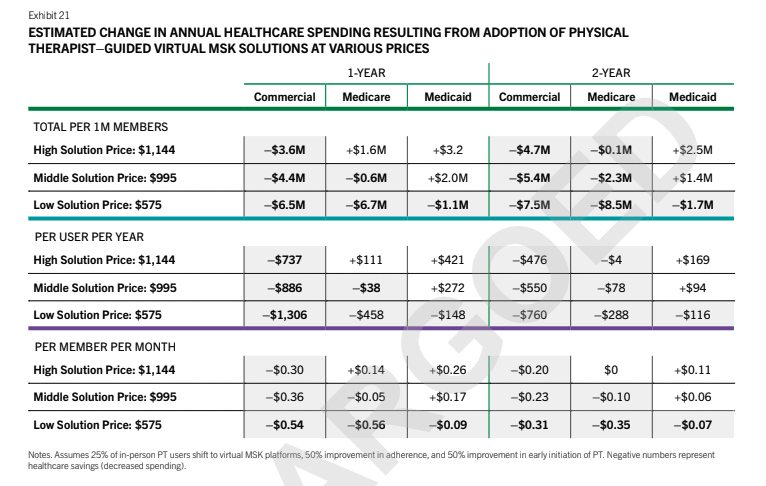policy
'Little tech' wants its voice heard on AI
As leaders in Washington mull what kinds of regulations to place on artificial intelligence, startups are doing what they can to make their concerns heard, STAT's Mohana Ravindranath reports.
While big companies like Microsoft have used their lobbying muscle and funds to make sure they're guiding regulation in the most favorable direction for the company, there are concerns that fledgling companies may not be heard and that rules might be too onerous for small shops that don't have large compliance teams.
Venture capital firms like Y Combinator and Andreessen Horowitz, which invest in health tech companies, have appeared before Congress and lobbied behind the scenes. And the Consumer Technology Association has convened with the bipartisan Digital Health Caucus to conduct educational briefings.
Read more from Mohana about startups' efforts in DC.
digital health PHTI strikes again

A new report from the Peterson Health Technology Institute suggests virtual physical therapy services could decrease health care spending for payers that invest in them. Billions of dollars have been poured into these companies and the assessment could boost business among companies wary of buying their services for their populations.
The analysis looked at three kinds of solutions: App-based exercise therapy solutions, physical therapist-guided solutions, and RTM-augmented solutions. In particular, it found that the therapist-guided solutions justified greater adoption because they showed outcomes on par with in-person treatment at lower cost. For people on commercial insurance, PHTI suggests these solutions could save between $737 and $1,306 per user in the first year. Companies in this category include Sword Health, Hinge Health, Omada Health, Vori, and RecoveryOne.
A few details of note: PHTI based its conclusion on an economic analysis of low back pain treatment. It also made some assumptions about uptake in populations and how easier access might lead people to seek care before problems get more expensive to treat. The report also noted that studies of solutions they considered all had a moderate or high risk of bias.
Less than two months ago, PHTI issued a damning report claiming that digital diabetes management tools, including those from Teladoc, Omada, and DarioHealth, aren't worth the money. That report has been criticized for focusing too closely on A1c outcomes in its assessments of clinical efficacy and economic impact.
PHTI's executive director Caroline Pearson said that in part, the positive assessment this time is attributable to the fact that the digital physical therapy solutions can replace existing care, whereas other kinds of digital health tools add cost on top and must demonstrate savings elsewhere to make their case.
So what did companies think this time? Not surprisingly, a few of the companies, like Sword and RecoveryOne, sent statements saying they were happy PHTI was backing up their solutions.
But Vori offered some observations about how the model might be adapted to show even more savings.
"Impact on worker productivity and absenteeism, prescription drug savings, and ER visit savings do not appear factored into the model," CEO Ryan Grant wrote by email. "Overall, the report is a nice first pass to show that virtual-first solutions can move the needle in terms of savings. Savings can certainly go a lot deeper than what is reported depending on the variables accounted for in the analysis."
Carolyn Jasik, the chief medical officer of Omada, said she believed the report oversimplified its definitions: "PHTI inappropriately puts companies like Omada that offer exclusively physical therapist-provided care in the same category as companies that seem to offer health coach-directed care."
Omada's diabetes solution was dinged in the previous PHTI report, and the company also pointed out what appeared to be differences in methodology between the two.
The American Physical Therapy Association, for its part, issued a statement that was mostly positive, highlighting the need for virtual solutions that augment existing models and address problems with affordability and accessibility of care. It, like Omada, underscored the importance of care delivered by physical therapists.
Do you have thoughts on the latest PHTI report, or related topics? My inbox is open for business: mario.aguilar@statnews.com.


No comments